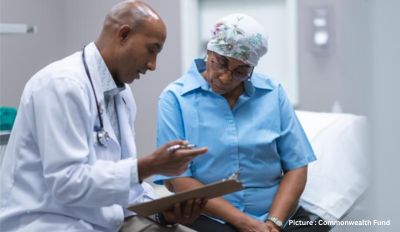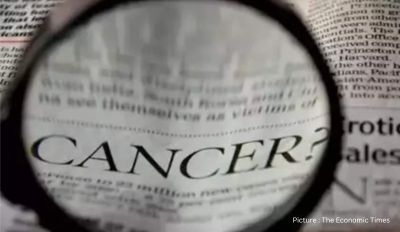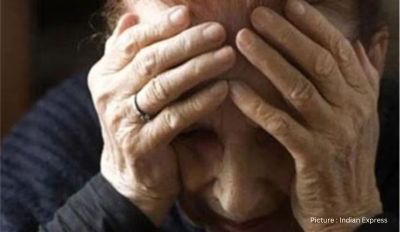Alcohol use in today’s society is exceedingly widespread, taking place not only in bars but also in school dorms, households, and a variety of other locations. With alcohol being such a popular means of socializing, people often disregard the dangers that are associated with drinking.
According to a study published in Lancet Oncology, “fewer than one in three Americans recognize alcohol as a cause of cancer”. Harriet Rumgay, a researcher at the International Agency for Research on Cancer, continues, stating that this belief is “similar in other high-income countries, and it’s probably even lower in other parts of the world”.
This assumption was proven false by the study that found that at least 4% of esophageal, mouth, larynx, colon, rectum, liver, and breast cancers diagnosed globally in 2020, which accounted for more than 740,000 people, can be traced back to alcohol consumption. Out of the 740,000 alcohol-related cancer cases diagnosed, men accounted for three-quarters, while the majority of the remaining 172,600 women were diagnosed with breast cancer. In 2019, more than 44,000 people in the U.S. died of alcoholic liver disease, proving the conclusion that alcohol consumption can be lethal if not monitored.
While most people believe that drinking in moderation would not drastically damage their health, researchers found that the amount of alcohol consumed positively correlates with an individual’s cancer risk. Moderate drinking consists of one or two alcoholic drinks per day, which may not seem like a great deal, however, this lifestyle accounted for approximately 14% of alcohol-related cancers.
Cancers develop when there is unregulated cell division causing abnormal growth of tissue, resulting in tumors. Alcohol can induce this irregular growth by increasing hormone levels, such as estrogen, which leads to increased cell division and thereby providing more opportunities for cancers to develop. Alcohol also contains ethanol, an organic compound, which gets broken down into acetaldehyde, a toxic molecule that is known to damage DNA and interferes with cells’ ability to repair the damage.
What seems to be the “responsible” amount of alcohol consumption may actually be an agent for biological damage. Even the concerning evidence presented in the study, which links alcohol to cancer, is considered to be an underestimate. “That’s because we didn’t include former drinkers in our main analysis, even though they may have an increased risk of cancer,” as stated by Rumgay.
Since people don’t recognize alcohol as a potentially harmful substance that can be abused, it opens up more health complications that could have been avoided with the right guidance. Doctors like Amy Justice, a professor of medicine and public health at Yale University, are making an effort to reduce the number of alcohol-related cancers by giving brief motivational information and consultations.
In the future, encouraging health care providers to talk with patients about alcohol use hopefully may reduce the number of alcohol-related cancer cases.










